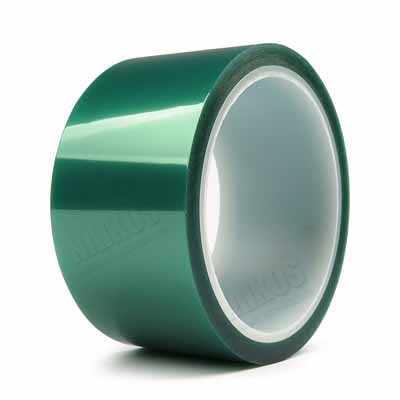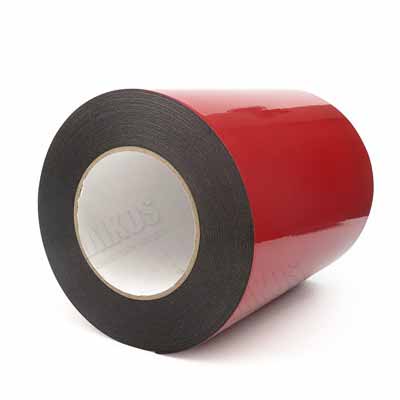Thermal tape is a highly specialized adhesive material that is widely used across various industries. Its unique properties make it ideal for application in electronics, automotive, aerospace, and many other fields. In this article, we will explore everything you need to know about thermal tape, including its properties, applications, and benefits.
Thermal tape is a type of adhesive material that is designed to conduct heat. It is made from various materials, including polymers, metals, and ceramics. The tape is typically thin and flexible, allowing it to conform to the irregular surface of the object being adhered to. It is also highly conductive, allowing it to transfer heat effectively from the object to which it is attached.
Thermal tape is commonly used in electronic applications, where it is used to transfer heat away from sensitive components. This helps to prevent overheating and extends the lifespan of the device. It is also extensively used in the automotive industry, where it is used to insulate and protect various components from heat. Additionally, thermal tape is used in aerospace applications, where it is used to protect components from extreme temperatures and thermal shock.
Thermal tape offers several benefits over traditional mechanical fasteners, including improved thermal conductivity, flexibility, and ease of use. Thermal tape is also a cost-effective solution as it requires less material and labor compared to other methods of insulation.
Thermal tape is a highly specialized adhesive material that is widely used across various industries. Its unique properties make it suitable for a variety of applications and offer several benefits over traditional mechanical fasteners. With its ease of use and cost-effective nature, thermal tape is sure to find even more uses across industries in the future.




